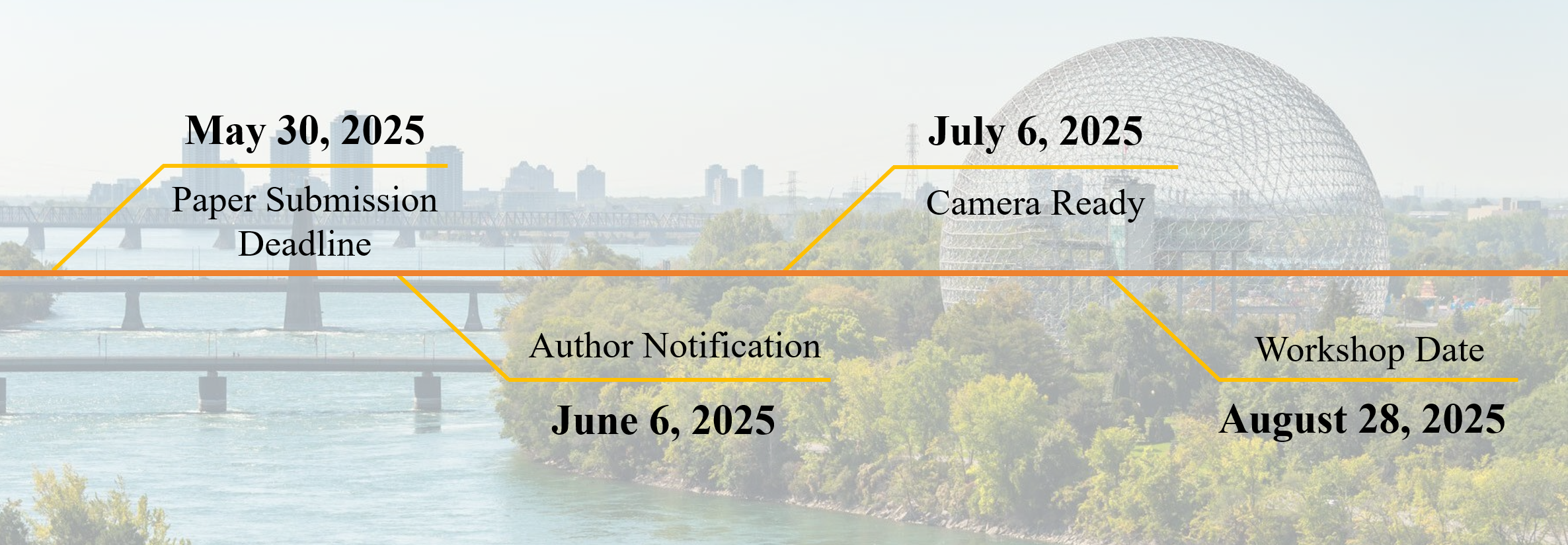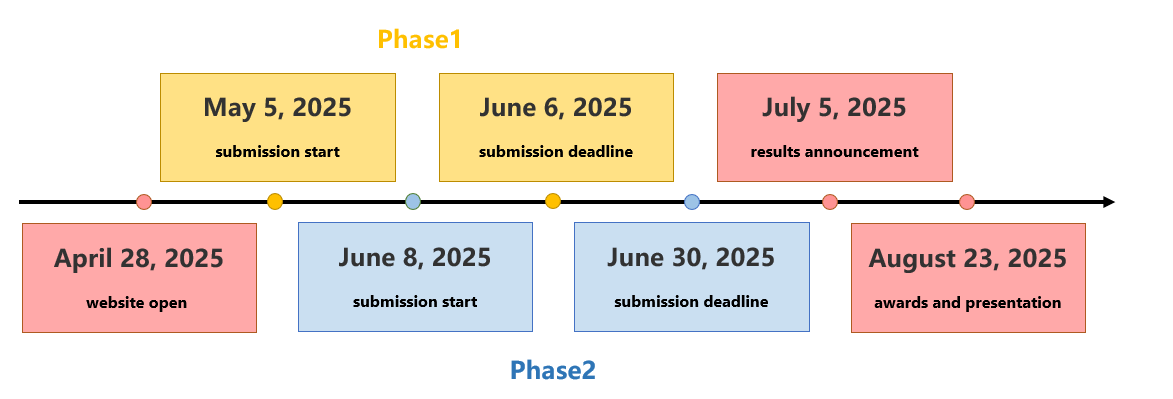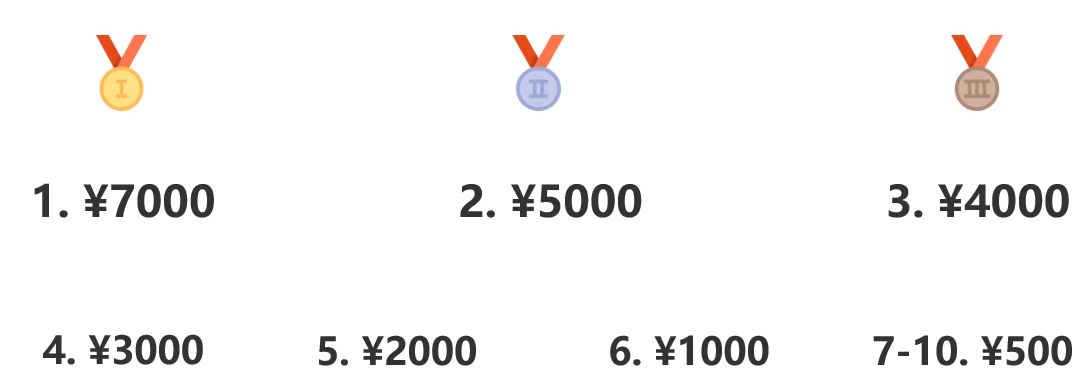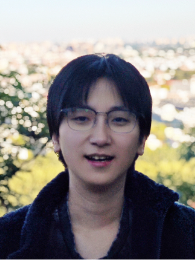Workshop Schedule


 |
Tim Dettmers |
|
 |
Liang Zheng |
|
 |
Huanrui Yang |
|
 |
Yue He |
|
| Room TBD |



 |
Yuqing Ma |
|
 |
Jinyang Guo |
|
 |
Ruihao Gong |
|
 |
Ning Liu |
|
 |
Xuefei Ning |
|
 |
Xiaowei Zhao |
Zhongguancun Laboratory |
 |
Xianglong Liu |
Beihang University |
1st International Workshop on Generalizing from Limited Resources in the Open World @ IJCAI 23
2nd International Workshop on Generalizing from Limited Resources in the Open World @ IJCAI 24

